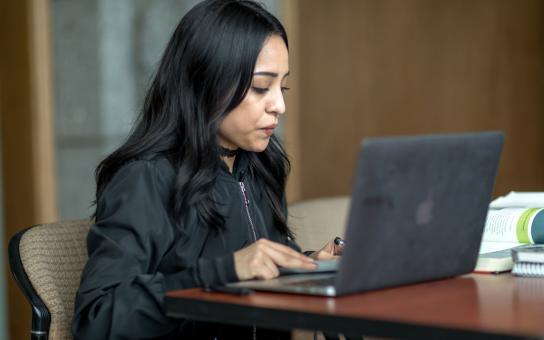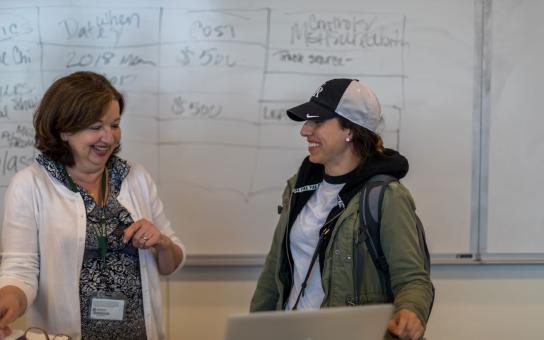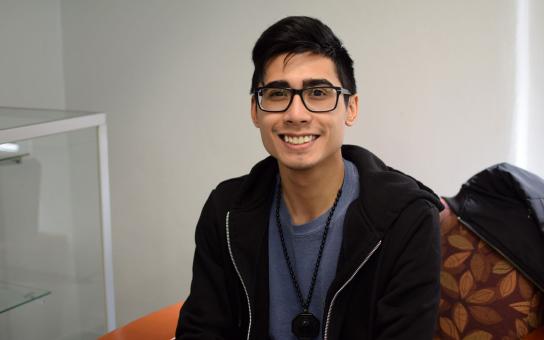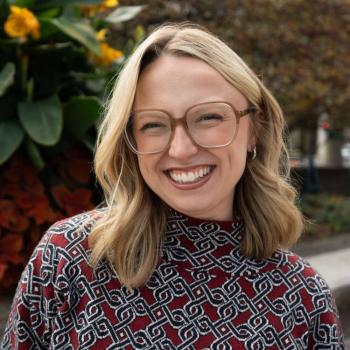Master's in Literacy Leadership/Reading Specialist, MA
Earn your Reading Specialist MA
At the heart of our nationally recognized Literacy Leadership program is a commitment to teaching all learners to read, write, and speak with passion, curiosity, precision, and confidence. The program is in alignment with the Science of Reading and the new Illinois Comprehensive Literacy Plan (ICLP). The Master of Arts in Literacy Leadership is designed for licensed teachers who wish to become reading specialists. Upon completion of the program, candidates will be eligible to add either the reading specialist, or bilingual/ESL endorsement to their Illinois teaching licenses.
Summer coursework (the Summer Reading Clinic) is face-to-face on the Schaumburg Campus, focusing on evidenced based best practices while promoting a passion for literacy. The remainder of the program can be completed online, offering flexibility while maintaining a rigorous and comprehensive curriculum.
This 2-year program consists of in-person summer classes on the Schaumburg campus; fall and spring courses are offered online to accommodate a working teacher schedule. Admissions are open for fall, spring, and summer start dates.
Why Roosevelt for Your Master’s Degree

Learn Alongside Your Career
Flexible, online course schedules during the fall and spring semesters enable teachers to start this program in any semester and to complete assignments from home or at work. Summer coursework is face-to-face on the Schaumburg Campus and centers upon guided teaching and learning in an intensive, reading clinic setting.

Learn From Experts in Their Field
Courses are taught by highly productive full-time faculty who have published numerous books on language and literacy learning. Current practitioners in PreK-12 schools provide an up-to-date perspective on strategies for working with diverse learners.

Specialize Your Skill Set
The ability to earn the reading specialist, reading teacher or bilingual/ESL endorsement enables teachers to choose the course of study that will be most beneficial for their schools and students.
“Our program infuses best practices in balanced literacy instruction into all our coursework and shows teachers how to foster engaged professional learning communities that deepen knowledge of and commitment to these practices in PreK-12 classrooms. The opportunity to add on a bilingual/ESL endorsement provides our students with a unique opportunity to enhance reading, writing and oral language communication among second-language speakers and learners.”
Margaret Policastro
Language and Literacy, Roosevelt University
Meet Your Admission Counselor

Questions about this page?
Chair, Department of Education